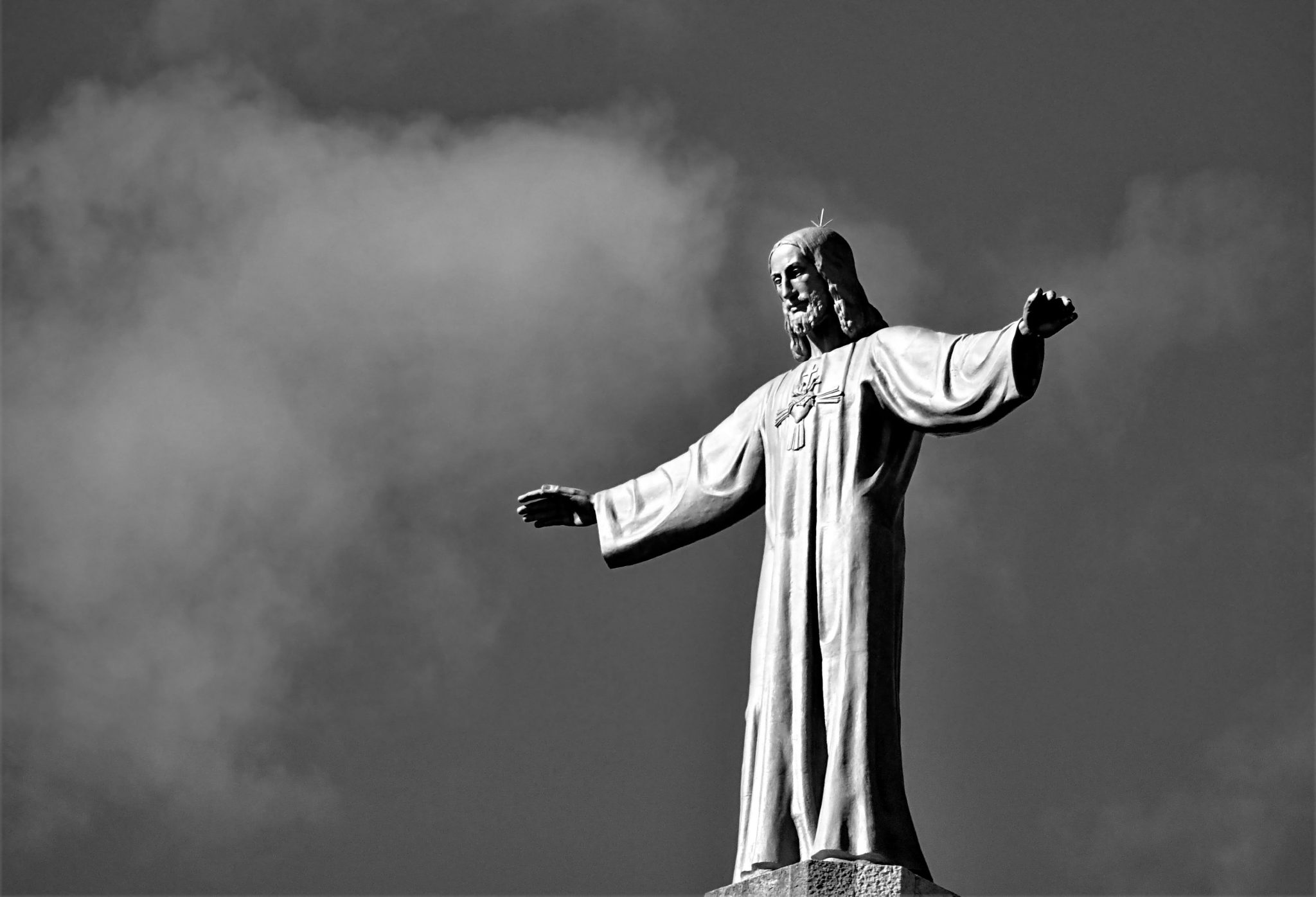What is The Evidence for Jesus’ Resurrection?
Let’s first examine why the resurrection was necessary. The resurrection, while not specifically named, was predestined before the beginning of time because God made a commitment to make man, the pinnacle of his creation, holy and blameless in his sight. God knew then he would carry out this commitment through Jesus. (Eph. 1:4-6) Jesus’ death and resurrection was to be the culmination of God’s commitment.
God knew that sin was to be in his creation because Satan had been unleashed by God to roam the world until such time God will get rid of him forever. Sin is intolerable to God and in His eyes sin leads to death. God provided a way to overcome death by sacrificing his own Son and have him overcome death in a visible way to lots of witnesses. A deal had been made with man that if man would believe in Jesus man’s sin would be not just forgiven but erased forever in God’s eyes and man could then spend eternity with God. This was an act of love.
Jesus died an agonizingly painful death to leave no doubt about his commitment to overcome death through his resurrection. We were born sinners and that was enough reason for him to overcome death by coming back. He died for us to make us holy and blameless and this is why believing the resurrection is so important. It was God’s commitment fulfilled. But let’s examine the evidence. There is no evidence to the contrary.
Skeptics reach for reasons why there was no resurrection. Let’s examine them with evidence and logic.
The Evidence
The first evidence for the resurrection of Jesus was that there was no body. However, could the body have been stolen after the crucifixion? This is highly unlikely because with the high profile nature of Jesus’ arrest, trial and public crucifixion such a secret could not be held. In addition the Romans were aware because the Jewish leaders had reminded Pilate of such a ploy (Mat. 27: 62-65) Also the Roman soldiers guarding the tomb would have prevented a theft because failure to do so would result in their death. Some say they were asleep but when soldiers do guard duty they do so in short shifts until someone relieves them. There is a guard or guards on duty all the time. There is a heavy penalty for sleeping on guard duty, even today.
In addition the heavy stone sealing the tomb was sealed on orders from Pilate (Mat. 27:65). Even if not sealed, the stone was very difficult to move as noted by the women who discovered the empty tomb (MK. 16:3) and surely would have alerted the guards had anyone tried. In addition the burial clothes were in two separate piles (Jn 20:6-7), not something thieves in a hurry would take the time to do.
Some skeptics believe that since there was no body maybe he did not die and was never buried. It is beyond being ludicrous that this would be considered as a possibility. We know this is not the case (See blog Did Jesus Die?) because biblical evidence is backed up by secular historical evidence that testifies that Jesus died an agonizing death.
Biblical scholars also put credibility into the account of Jesus’ death and resurrection because all four gospels report that it was women who made the empty tomb discovery. Normally in that time a woman’s testimony was not counted for much and the fact it was unanimously reported indicates a desire to report what really happened.
Following his resurrection for over a period of forty days his disciples, his brother James, and all the apostles including Paul and over 500 others at one time saw him, spoke to him, ate with him and touched him. After his ascension they returned to Galilee, the base for Jesus’ ministry and became organized and energized for the ministry based on the witness to his resurrection. (Acts 1:21-25)
The Big Questions
Skeptics have tried to invoke the legend argument that the resurrection story was fabricated and embellished over time. This brings us to the final compelling argument, and to me the most compelling argument for his resurrection. His eyewitness disciples, followers and the apostles all gave up their lives preaching and teaching about Jesus and his message. The centrality of that message was that Jesus died on the cross and arose again in 3 days. They had seen the events of Jesus’ life. They had witnessed His death and resurrection unfold and they not only were convinced he had arisen they knew it with certainty. Would anyone teaching and preaching this message go through a life of suffering and persecution and ultimate death if the message was a myth, a legend or fabricated as a stolen body from the tomb? No! What about you? What do you think?
For further reading and understanding about the resurrection of Jesus you are directed to the foremost authority in the world, Dr. Gary Habermas, Distinguished Research Professor Chair, Department of Philosophy, Liberty University. *
*Habermas, Gary R. and Michael R. Licona. The Case for the Resurrection of Jesus. Grand Rapids: Kregel Publications, 2004.
Lee Southard
February 18, 2017




